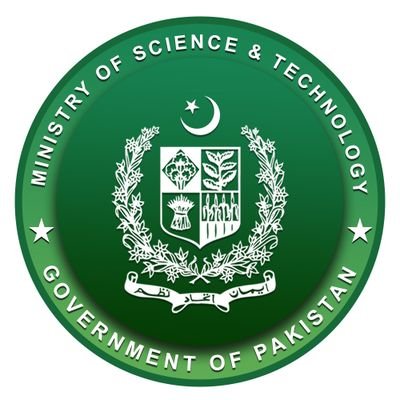ISLAMABAD: The Federal Government’s Rightsizing Committee under the Ministry of Science and Technology (MoST) has proposed a sweeping restructuring of federal entities to enhance efficiency, reduce redundancy, and align operations with national priorities. The recommendations aim to streamline resources, improve public impact, and encourage private-sector collaboration where applicable.
As per available documents, the Ministry of Science and Technology itself is considered essential as the primary body for planning and coordinating scientific initiatives. However, the committee has advised abolishing vacant and redundant posts, reducing the staff-to-officer ratio from the current 5:1 to 2.5:1 to improve efficiency.
Several entities under MoST are set for dissolution due to their limited impact or overlapping functions. The Council for Works and Housing Research (CWHR) and the Pakistan Council for Science and Technology (PCST) are recommended for closure, with their assets and responsibilities transferred to MoST by December 31, 2024. Similarly, the Pakistan Council for Renewable Energy Technology (PCRET) is slated for privatization or merger with the National Institute of Electronics, failing which it will be dissolved.
The Scientific and Technological Development Corporation (STEDEC) is to be restructured into the Indigenous Research and Development Agency (IRADA). However, its scale and effectiveness remain under scrutiny, with a recommendation to wind it up by the end of 2024 if the restructuring does not yield significant results.
The committee also suggest National Retain Institute of Electronics (NIE) to be merged with an engineering university.
Key institutions like the Pakistan Standards and Quality Control Authority (PSQCA) and the Pakistan Engineering Council (PEC) will be retained but with leaner structures. PSQCA’s focus will narrow to standard-setting, with a 50% HR reduction and automation of licensing. The PEC will revise its licensing requirements and implement a risk-based policy for new graduates, significantly cutting HR while maintaining its regulatory role.
The Pakistan Science Foundation (PSF) will be retained on the condition that it secures external grants exceeding its operational costs. Its subsidiary, the Pakistan Scientific and Technological Information Center (PASTIC), will merge into PSF if retained.
Universities under MoST, including the National University of Science and Technology (NUST) and COMSATS University Islamabad (CUI), will be strengthened with a focus on improving global rankings and achieving financial self-sufficiency. NUST, currently ranked 353 globally, is encouraged to target a top-100 position within 3-5 years. The committee also recommends retaining National Retain University of Technology (NUET) subject performance.
Specialized research entities like the National Metrology Institute of Pakistan (NMIP) and the National Institute of Oceanography (NIO) will also be retained but with significant adjustments. NMIP will eliminate vacant posts by October 30, 2024, while NIO may be transferred to a maritime university or naval institution to enhance its research impact.
The Pakistan Halal Authority (PHA) faces potential closure by November 30, 2024, if it fails to demonstrate significant contributions to export growth.
Regarding Pakistan Retain National Accreditation Council (PNAC), the committee has suggested to assess acceptability of PNAC certification and international alternatives via 3rd party including international quality benchmarking. It asked to wind up PNAC if substandard by Dec 31, 2024. Retain it only if finds a viable path to self-funding.
The committee directed the ministry to retain Pakistan Retain Council for Sci & Ind Research (PCSIR) in lean/efficient form subject to 3rd party audit of need, impact, efficiency.
Interesting the committee has also recommended wind up of newly established Cosmetic Development Authority stating that there was no need of such authority.
In a broader move, the committee has recommended abolishing 80% of vacant posts across all MoST entities, emphasizing resource optimization. It has further stressed the need for periodic third-party audits and strategic reviews to ensure all decisions align with national goals.
These recommendations reflect a decisive step toward rightsizing and modernizing the Ministry’s operations, aiming to foster fiscal discipline and drive meaningful contributions to the country’s scientific and technological landscape.




